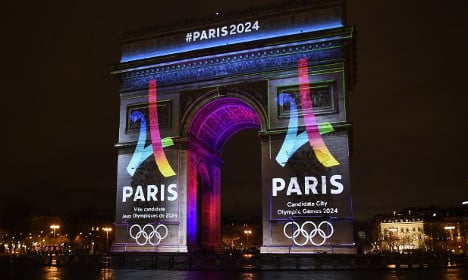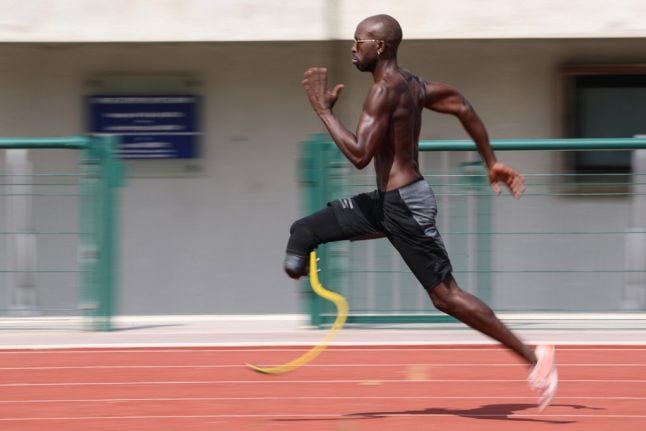The official slogan, which forms a part of each city's official candidacy to host the games, will be “Made for sharing”, Le Parisian newspaper revealed.
The choice of English was embraced by Paris mayor Anne Hidalgo, got in the spirit with an English tweet on Thursday using the hashtag #sharing.
#Paris knows how to share its passion for sport #Sharing #Paris2024 #Handball2017 pic.twitter.com/uj1r1QE74z
— Anne Hidalgo (@Anne_Hidalgo) February 2, 2017
“The objective is to sell the project to an international audience,” Etienne Thobois, director general of Paris 2024, told France Info.
And using English is a strategic move for Paris, as 80 percent of members of the International Olympics Committee (IOC) ask to read their documents in English.
And after all, Paris had no luck winning the games in 2012 when its slogan was “L’Amour des Jeux” (which translates to “The love of the Games”). And don't forget, Paris lost out to London that year, and its slogan of “Inspire a generation”.
However, as cunning as the English slogan may seem, it's left a bitter taste in the mouths of many French people.

Remember – the official language of the Olympics is French after all, and the modern games were indeed founded by a Frenchman (Pierre de Coubertin).
20 Minutes newspaper went with the headline: “Sorry Pierre de Coubertin, the slogan for Paris 2024 will be in English”.

Indeed, the “Anglicisation” of French is a sore subject for many, not least the French “language police” at the Academie Francaise who have previously tried to ban the use of certain English words that have crept into spoken French, such as “sexting” and “binge-drinking”.
Florian Philippot of the National Front added that he was “extremely shocked” by the slogan being in English.
“The world expects France to be France,” he said. Philippot was left coughing up his croissant last month when French politician had the nerve (and the ability) to give a speech in English.
Some French Twitter users reacted to news of the English slogan with irritation.
“The slogan for the Paris 2024 Olympic Games in English? Why not Russian or Chinese, why is it always English” said the Tweeter below.
Le slogan pour les JO 2024 de Paris en anglais ? Pourquoi pas en russe ou en chinois, pourquoi toujours l'anglais ???
— Vador (@Vadorovic) February 3, 2017
Paris ville anglophone : affiches bilingues, et maintenant slogan en anglais pour les JO ! @Anne_Hidalgo, avez-vous honte de notre langue ?
— Louis Desmoulins (@LouDesmoulins) February 3, 2017





 Please whitelist us to continue reading.
Please whitelist us to continue reading.
Member comments